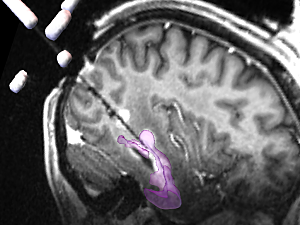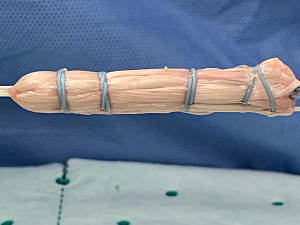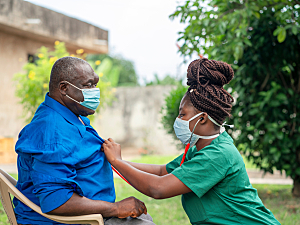Vitamin D With or Without Omega 3 Fatty Acids Reduces Risk of Autoimmune Disease

In the first randomized, controlled trial to investigate if supplementation with vitamin D and/or Omega 3 fatty acids reduces the risk of autoimmune disease, Brigham researchers report that Omega 3 fatty acids alone did not reduce risk, but vitamin D or a combination of vitamin D and Omega 3 fatty acids was protective.
Read More...







